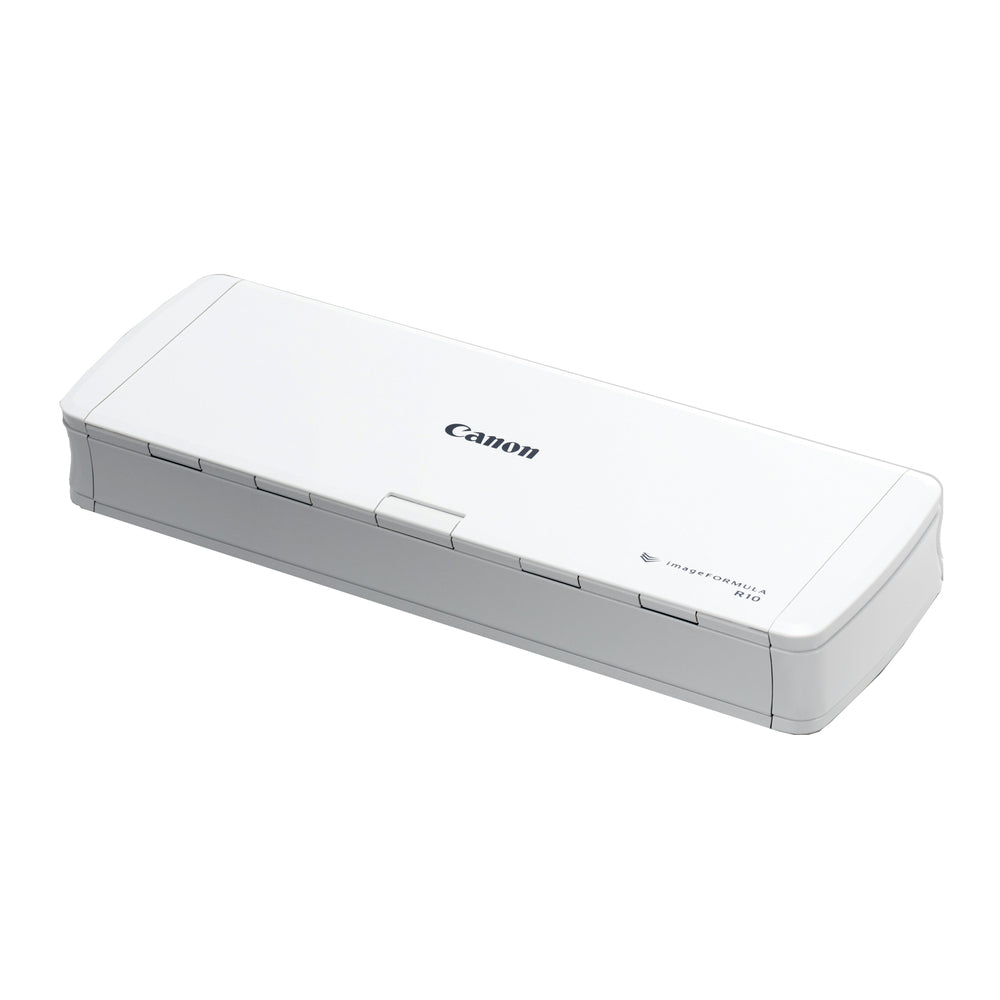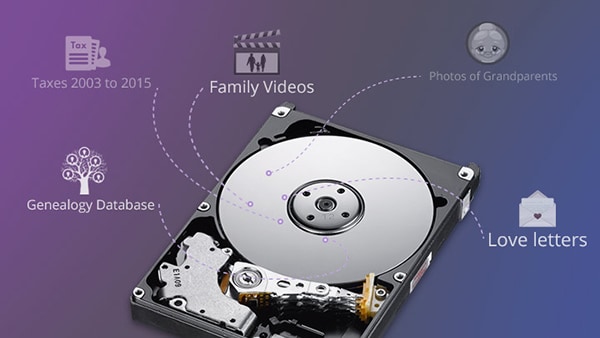

Porsche sales are just a fraction of Camry sales because it does not sell any models in the low-end price range. It’s a metaphor that’s often used, but a way to think about it is if Windows-based PCs as a whole are thought of as a top selling car like the Toyota Camry, Apple’s Mac computers would be more like a luxury car, like a Porsche.

You can’t be so naive to think that Apple doesn’t care about that at all, of course it does, but it’s clearly a secondary goal, which most people don’t seem to understand. If it happens to gain market share as a byproduct of that, that’s great. Instead, Apple is content to keep churning out its high-quality, high-margin machines, and watch the profits roll in. And as it has proven time and time again, it has no desire to give up either. But there would have to be some trade-off in quality, and perhaps more importantly to Apple, to its high margins. And such machines would sell like crazy, boosting Apple’s market share. If Apple wanted to make a range of low-end computers, it absolutely could.

But that completely misses the point of Apple’s Mac business. That, for lack of a better word, is insane.Īnalysts and journalists are often quick to point out Apple’s relatively low overall market share (less than 10%). This means that 9 out of every 10 retail dollars that is spent on PCs in that price range, goes to Apple, as Betanews’ Joe Wilcox points out. Its revenue share of the “premium” price market - that is, computers over $1,000 - is a staggering 91%. You need look no further than numbers released today by NPD to understand Apple’s strategy. Sure, it may sound like spin from an executive who doesn’t have a better answer as to why Apple isn’t competing in the low-end of the market, and thus, gaining market share. That was Apple COO Tim Cook two days ago during Apple’s quarterly earnings call. “ Our goal is not to build the most computers.


 0 kommentar(er)
0 kommentar(er)
